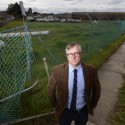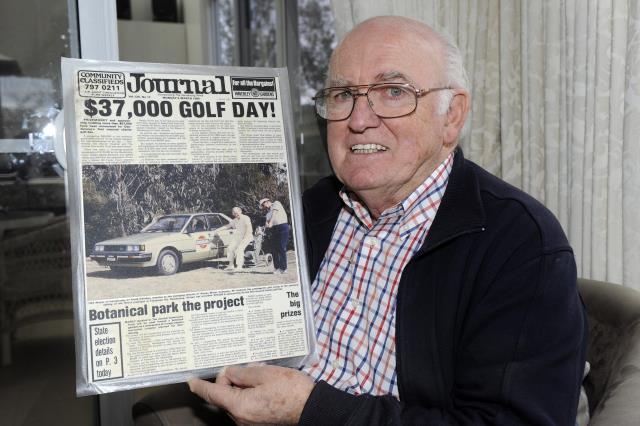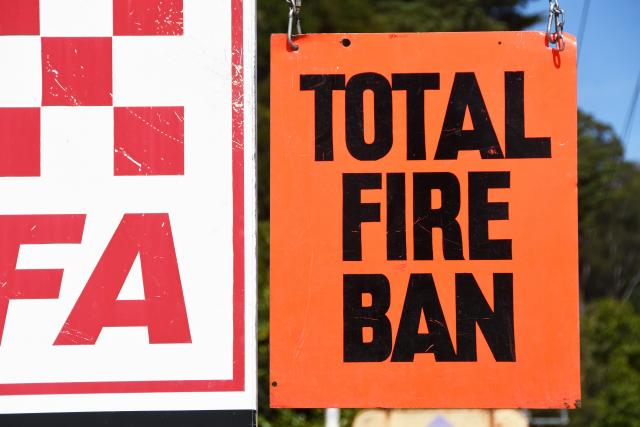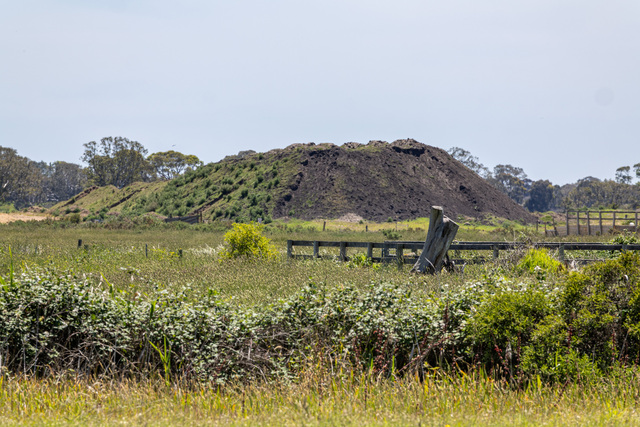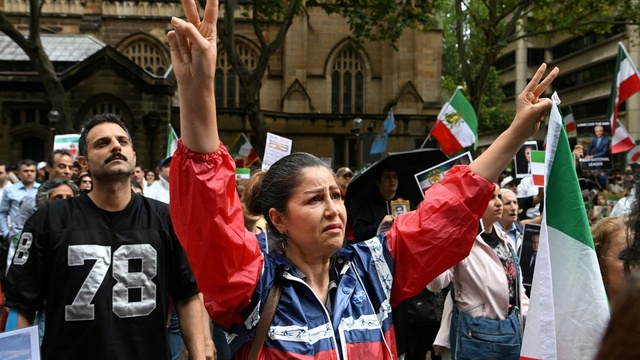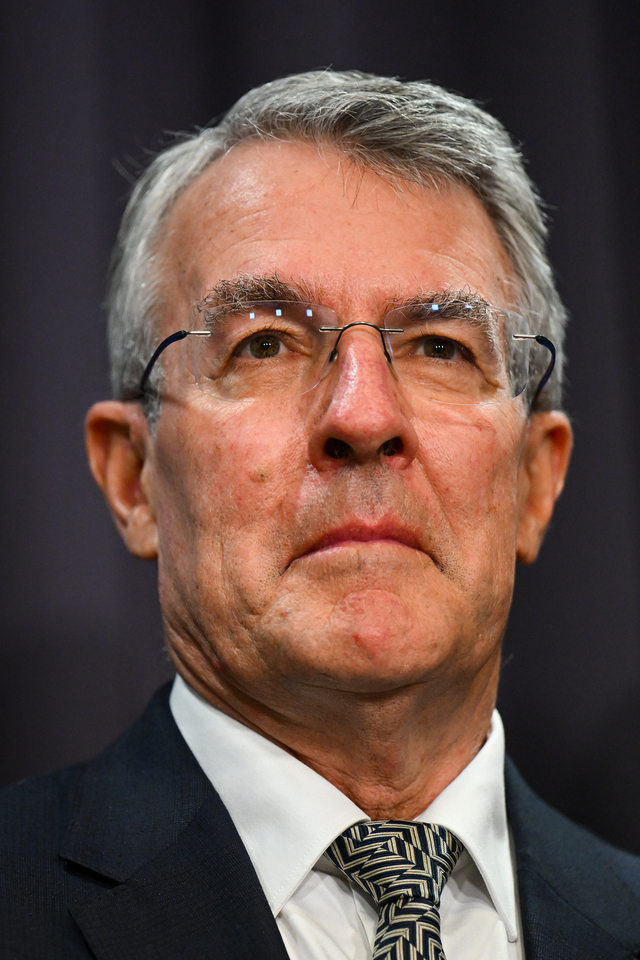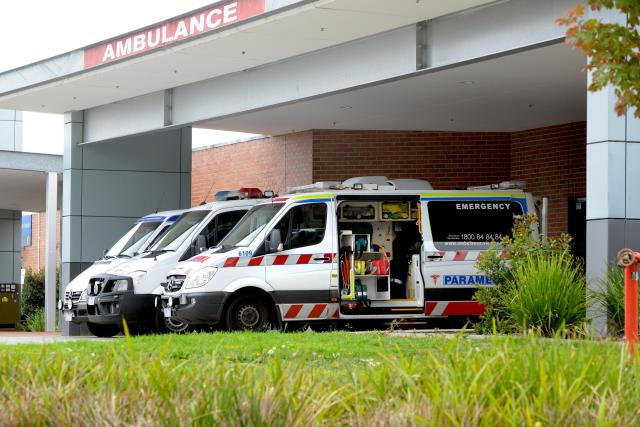By LACHLAN MOORHEAD
TWO Casey councillors have called for an “urgent meeting” with Dandenong MP Gabrielle Williams and council officers as the conjecture about Doveton’s decline reaches fever pitch.
River Gum Ward councillors Wayne Smith and Damien Rosario called for the meeting at council on Tuesday night following last month’s release of the book ‘An Economy Is Not A Society’.
Author Dennis Glover, who grew up in Doveton, covers the “social destruction” of the suburb, which he claims is the result of factory closures in the once prosperous manufacturing centre.
It comes as Doveton was also last month listed as one of the state’s seven most disadvantaged postcodes in the Dropping off the Edge 2015 report, compiled by Jesuit Social Services and Catholic Social Services Australia.
Doveton was ranked in band one – the most disadvantaged.
Doveton’s unemployment rate currently sits at 21 per cent, more than three times the national average.
At their height Doveton’s three big factories – General Motors Holden, International Harvester and Heinz – collectively employed almost 7500 people.
Mr Glover said only 500 of those jobs remained.
Cr Smith acknowledged there were “some issues” and agreed the decline of the suburb’s factories had to be “contributor”.
At the soon to be held meeting with Ms Williams, Cr Smith said the injection of additional state funding – similar to the community renewal funding Doveton received in years gone by – would likely be on the agenda.
”We need to get council and the State Government together to see how we’re going to deal with this,” he said.
“I will accept there’s a problem but we have to come up with a solution.
“It’s a bit of unfair publicity for the Doveton people, they don’t deserve it – it’s not their fault.”
Mr Glover has previously compared current-day Doveton to Detroit in the USA, where a mass shutdown of auto-plants saw 90 per cent of manufacturing jobs in the American city dry up.
Mr Glover wrote his book after a visit to his old suburb during which the Labor speechwriter was reminded of how different Doveton appeared compared to the thriving manufacturing hub his Irish father, Rodney, had been a devoted contributor to throughout the 1970s and early ’80s.
Speaking to Star News last year while writing the book, Mr Glover said the fall of Doveton’s manufacturing sector began in the mid-1980s, the beginning of a domino effect which saw the suburb’s schools and other industries also hit hard.
“From the late 1970s manufacturing industries across the nation went into a bit of a decline, working class standards started to fall and big companies started laying people off,” he said.
“By the mid-1980s, Doveton was a deprived area and it’s gotten worse since.”
When the economy changed, Mr Glover said, governments didn’t put enough effort into replacing jobs.
“In a sense there’s an obsession with efficiency and productivity and not with people,” he said.
“It’s okay to say we need to cut taxes and lower wages to make the economy more productive but that doesn’t improve the lives of people.”

